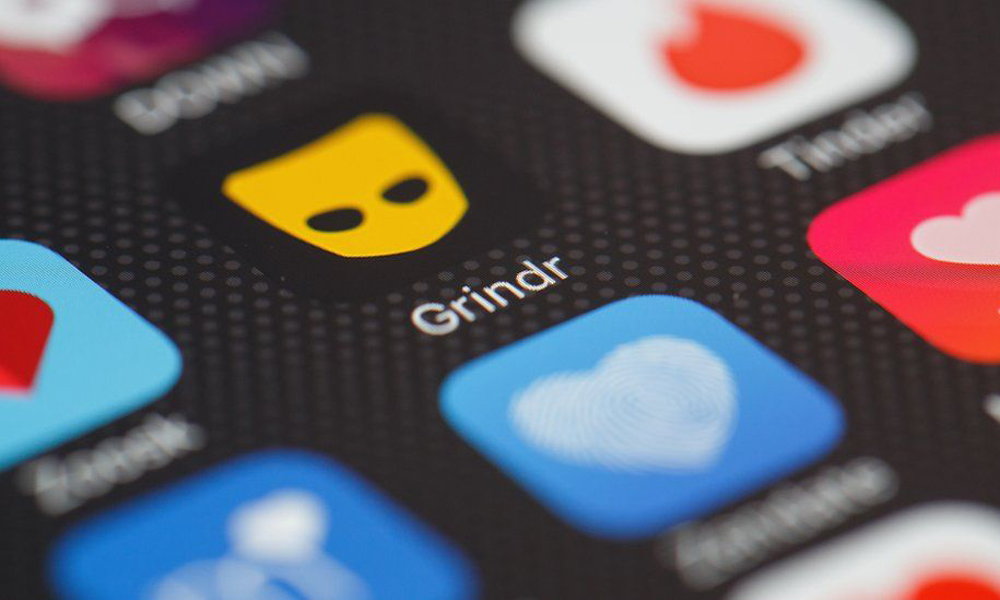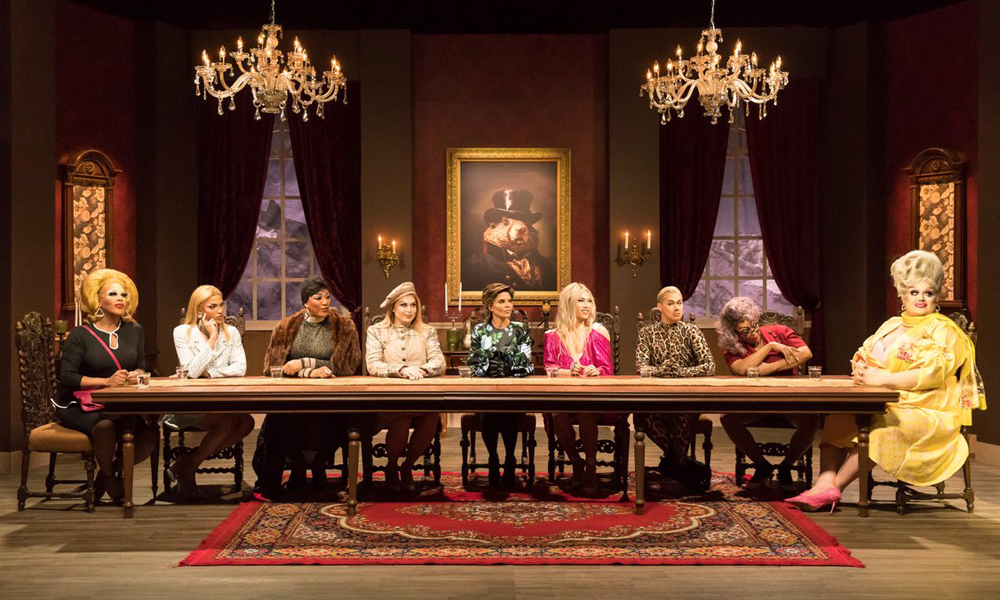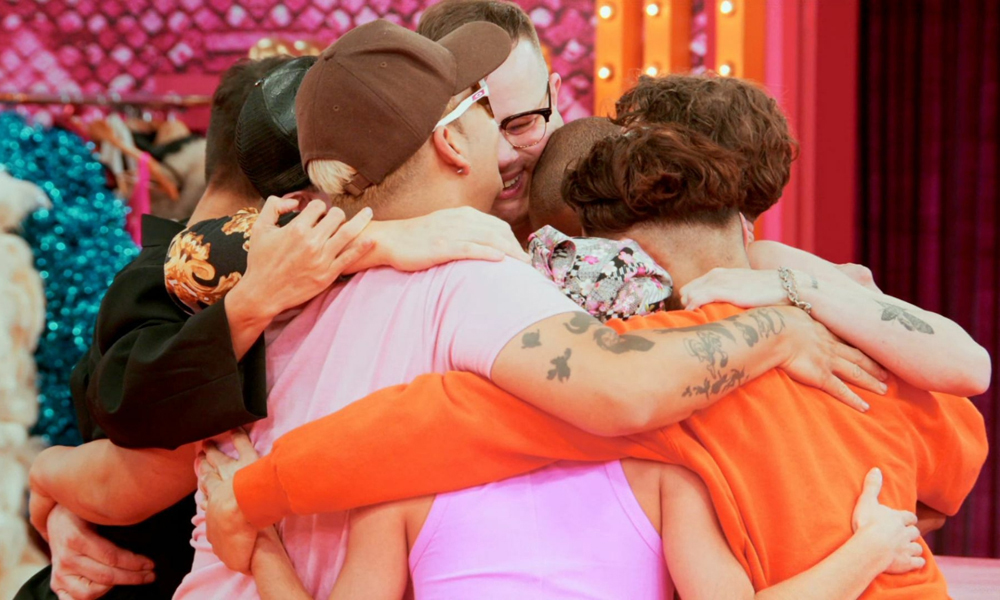When “putting yourself out there” leads to dangerous consequences…
By Courtney Hardwick
If you’re a true crime fan, you know there’s no shortage of books, documentaries, podcasts and original reporting dedicated to the victims of violent crimes and the people who commit those crimes. At the same time, we know that cases that get the most attention are usually ones that are committed against white, middle class, cisgender people. From serial killers like Ted Bundy, the Golden State Killer and Paul Bernardo to victims of the most talked-about unsolved cases like JonBenet Ramsey, the media is busy covering a certain (very small) selection of cases. Meanwhile hate crimes, including murders of gay, trans and non-binary people are on the rise. Queer Crime is a monthly column focusing on true crime with an LGBTQ+ spin whether it’s the victim or the perpetrator.
This month, we’re exploring the dark side of dating apps for LGBTQ+ people looking to connect. While meeting up with a stranger can be dangerous for anyone, for the LGBTQ+ community, there is the added risk that your sexual orientation or gender identity can be all it takes to make you a target of a hate crime. Here are some of the ways dating apps can be dangerous for LGBTQ+ people.
Data leaks and a lack of privacy
Many of the most popular dating apps such as Grindr and Tinder rely on geolocation technology to connect users to people in their area. On one hand, there’s the convenience of meeting people close by, but on the other, anyone can join a dating app, and you never know who might be on the other end of a conversation and what their motives might be. Even if you aren’t openly sharing personal details in conversation, it’s almost impossible to ensure complete privacy. In 2020, cybersecurity firm Recorded Future analyzed five dating apps used by LGBTQ+ individuals and found that OKCupid, Tinder and Grindr all collect information about users’ exact location, sexual orientation, religious beliefs, political beliefs, drug use, and more—and share that data with at least 135 different third-party entities.
For transgender people in particular, dating can be a minefield. From feeling fetishized to dealing with harassment, it’s even more important that transgender people aren’t outed or put into dangerous situations because an app shared their data without their knowledge or consent. While data privacy is a universal issue, it has real life and death consequences for the people in the LGBTQ+ community who have to be extra vigilant about safety when they’re using dating apps.
Apps have been working on building ways to ensure their uses feel safe, but it’s a complicated issue and they still have a long way to go. Apps made specific for LGBTQ+ daters may be the best option when it comes to emphasizing safety first. Butterfly, an app built for transgender people looking for a relationship, aims to tackle all the privacy and data issues other apps are plagued by.
Victim profiling
There are a number of serial killers who, instead of bars, made dating apps their hunting ground. Also known as “The Grindr Killer” because he met all his victims using gay and bisexual social networks and dating or hookup apps, Stephen Port murdered at least four men in London, UK in 2014 and 2015. Port would meet men on the apps and then drug them using a variety of substances such as GHB, rape them and murder them. In 2017, the BBC aired the documentary How Police Missed the Grindr Killer which examined the botched investigation into Port’s murders. After he was finally caught, Port was convicted of four counts of murder and sentenced to life in prison.
There have been a number of other cases where the killer and the victim met online. Just to name a few: Mark Latunski murdered 25-year-old hair stylist Kevin Bacon and Demetris Nelson killed 31-year-old Brian Nelson and injured 26-year-old Malcolm Drake. Both killers found their victims on Grindr and invited them to meet with the intention of violence. Toronto serial killer Bruce McArthur was also known to use dating apps to meet possible victims.
Short of murder, dating apps are also used to target LGBTQ+ people for other hate crimes. In 2017, 22-year-old Daniel Jenkins and three accomplices used Grindr to lure gay men to a vacant apartment and other areas in and around Dallas for robbery, carjacking, kidnapping, over the course of a week. Jenkins plead guilty to a list of charges including a hate crime and admitted that he and his co-conspirators taunted the victims based upon their perception of the men’s sexual orientation.
Entrapment
While progress has been made for gay rights around the world in the last couple decades, there are still plenty of countries where being gay is a crime. In countries with anti-gay laws, using a dating app is even more dangerous for LGBTQ+ people. Not only can they become easy targets for hate crimes by people who think they have the law on their side, but they also have to worry that the people they are connecting with are just trying to trick them into incriminating themselves. Grindr even went so far as to include an alert for their users in countries like Russia, Nigeria and Saudi Arabia that there may be people using the app to entrap them.
Human Rights Watch released a to lure gay, bisexual and transgender people so they could be arrested. Some people reported being assaulted and verbally abused while in custody.
Looking for a connection—online or not—should be a right we all have access to but LGBTQ+ people around the world have to consider the risks of using a dating app. From putting up with casual discrimination and harassment to becoming targets of full-on hate crimes, for some it’s not worth it. After all, simply existing as who they are comes with enough risk as it is.
For more of Courtney Hardwick’s fascinating QUEER CRIME series click here.






POST A COMMENT